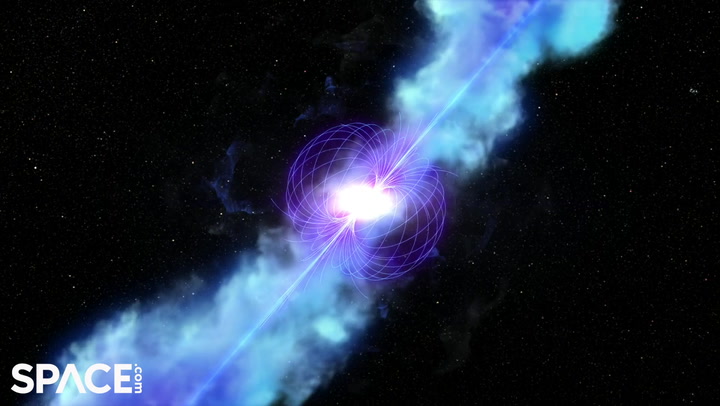
The most luminous kilonova candidate to date (short gamma-ray burst 200522A) was detected using the Hubble Space Telescope, Swift Observatory and other telescopes. A kilonova is a “the afterglow caused by the radioactive decay of heavy elements unique to the merger of two neutron stars,” according to the Harvard & Smithsonian Center for Astrophysics. Credit: Space.com | animations courtesy: NASA, ESA, and D. Player (STScI) / NASA Goddard Space Flight Center/Chris Smith (USRA) | produced & edited by Steve Spaleta
EMEA Tribune is not involved in this news article, it is taken from our partners and or from the News Agencies. Copyright and Credit go to the News Agencies, email news@emeatribune.com Follow our WhatsApp verified Channel



